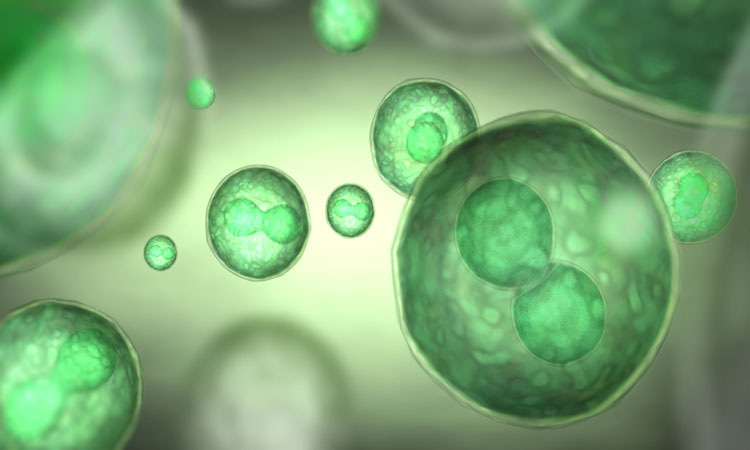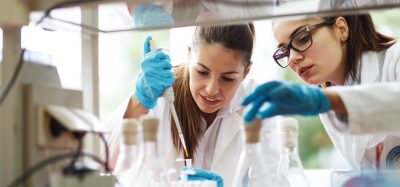Inducing factor transforms pluripotent stem cells into totipotent cells
Posted: 30 January 2020 | Hannah Balfour (Drug Target Review) | No comments yet
A study has demonstrated that a totipotency-inducing factor can reprogramme stem cells and induce totipotent-like states, possibly increasing their therapeutic potential.


…the eventual goal of this research is to translate the findings into the development of rapid and efficient cellular reprogramming strategies”
Scientists have identified a totipotency-inducing factor, capable of transforming pluripotent embryonic stem cells (PSC) into totipotent cells, like those seen in a zygote. The team have said that totipotent cells have even greater therapeutic potential than PSCs and they hope their findings could be used to develop rapid and efficient cellular reprogramming strategies for clinical applications.
Published in Nature Cell Biology, the research demonstrated in mice that the Negative Elongation Factor A (NELFA) reactivates genes active in the zygote and silenced in the PSCs causing changes that transform PSCs into totipotent cells. The scientists also observed that NEFLA alters the metabolic pathways of the cells, further contributing to returning totipotency.
The researchers, from the National University of Singapore’s Yong Loo Lin School of Medicine, claim their discovery can both inform scientists about the early zygote stages of development and could provide a method through which to engineer cells with maximum cell plasticity for therapeutic purposes. The team believes this could increase the potential applications of regenerative medicine, especially citing its possible use in cell replacement therapies.
According to Assistant Professor Tee Wee Wei, the lead investigator in this study, the eventual goal of this research is to translate the findings into the development of rapid and efficient cellular reprogramming strategies for the treatment of debilitating diseases and developmental disorders.
Related topics
Cell Regeneration, Regenerative Medicine, Research & Development, Stem Cells
Related organisations
National University of Singapore's Yong Loo Lin School of Medicine
Related people
Assistant Professor Tee Wee Wei







